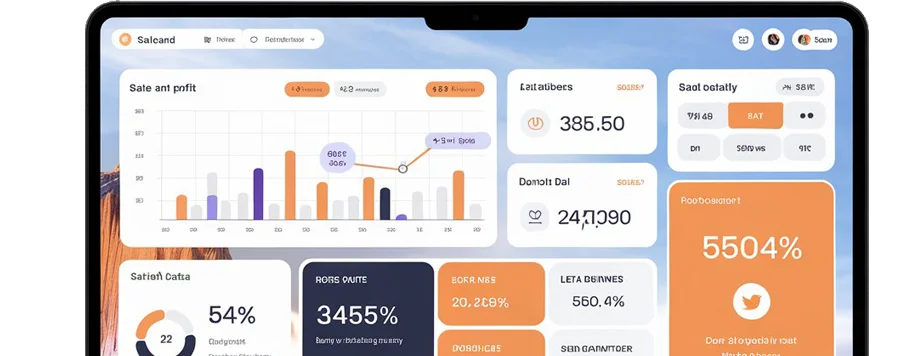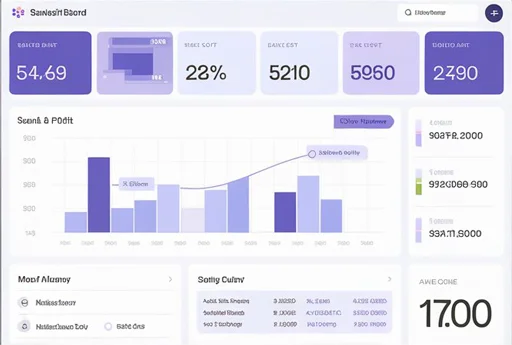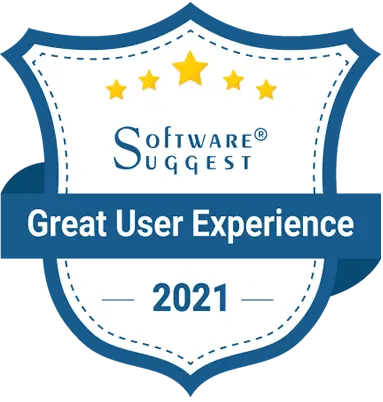A Guide to Optimized Project Delivery
In the fast-evolving tech landscape, efficient project management is crucial for software development. This process orchestrates complex tasks, aligns team goals, and ensures timely project delivery with a focus on quality. By effectively managing projects, software companies can reduce costs, meet deadlines, and create products that meet or exceed client expectations. In this article, we'll explore essential aspects of software development project management, from planning and resource allocation to risk management, and look at best practices that help optimize project delivery.
Understanding Software Development Project Management
Software development project management encompasses the planning, execution, monitoring, and closing of software projects. It involves balancing resources, time, cost, and quality to create functional software that meets the stakeholders' requirements. This practice requires expertise in methodologies, frameworks, and tools to manage a development team, track progress, and mitigate risks.
The Importance of Software Development Project Management
Effective project management provides structure and guidance, helping avoid common pitfalls like scope creep, missed deadlines, and budget overruns. When done right, software development project management results in:
- Clear Objectives: Defining clear goals and deliverables keeps the team aligned.
- Efficient Resource Use: Resources, including time, personnel, and budget, are allocated and used effectively.
- Enhanced Team Collaboration: Teams work cohesively, leading to smoother workflows and fewer misunderstandings.
- Minimized Risks: Identifying and mitigating risks early prevents costly setbacks.
- Customer Satisfaction: High-quality outcomes delivered on time increase client satisfaction and retention.
Core Components of Software Development Project Management
To manage a software development project effectively, it’s essential to understand the following components:
1. Project Planning and Initiation
Planning is the cornerstone of successful software project management. During the initiation phase, project managers identify the project’s objectives, scope, stakeholders, budget, and deadlines. By drafting a project roadmap, managers establish a clear vision and a path forward.
Key steps include:
- Defining project goals, milestones, and deliverables.
- Setting a timeline with estimated completion dates for each phase.
- Outlining a resource allocation plan, including the budget and team roles.
- Developing a risk management strategy for potential obstacles.
2. Resource Management
Resource management focuses on allocating and optimizing human, technological, and financial resources. Project managers assess team skills, assign tasks, and ensure team members have the necessary tools. Effective resource management can prevent bottlenecks, allowing the project to proceed smoothly.
Steps include:
- Evaluating team capabilities and assigning roles based on expertise.
- Tracking resource usage to ensure the project remains within budget.
- Adjusting allocations as needed to address any skills or resource gaps.
3. Task Breakdown and Scheduling
The next step is to break down the project into smaller, manageable tasks. This approach makes it easier to track progress, allocate responsibilities, and keep the project on schedule. Tools like Gantt charts, Kanban boards, and work breakdown structures (WBS) are valuable for visualizing the project timeline and individual tasks.
Benefits include:
- Better task visibility, helping team members understand their roles and responsibilities.
- Improved productivity by breaking down complex tasks into manageable units.
- Clearer communication regarding task dependencies and priority levels.
4. Risk Management
Every project has potential risks, such as budget cuts, staffing changes, or technical issues. Proactively identifying and mitigating risks helps reduce disruptions. A risk management strategy typically includes identifying risks, assessing their impact, and planning responses.
Common strategies include:
- Risk Avoidance: Eliminating or modifying tasks to avoid risks.
- Risk Mitigation: Reducing the impact of risks through preventive measures.
- Risk Transfer: Sharing or transferring risk, such as outsourcing.
5. Quality Assurance and Testing
Quality assurance (QA) is an integral part of software project management. QA processes, including manual and automated testing, ensure that the software meets specified standards and functions correctly. Testing at each stage helps identify bugs early, minimizing the risk of major issues during deployment.
Key QA strategies include:
- Unit Testing: Testing individual components for functionality.
- Integration Testing: Ensuring modules work together as intended.
- User Acceptance Testing (UAT): Allowing end-users to validate the software’s usability.
- Continuous Integration/Continuous Deployment (CI/CD): Automated testing and deployment pipelines to ensure quality.
6. Communication and Collaboration
Clear communication among team members, stakeholders, and clients is vital. Project managers establish communication channels to facilitate feedback, updates, and progress reports. Collaborative tools like Slack, Microsoft Teams, and project management platforms like Jira or Asana are essential for streamlining communication.
Effective collaboration provides:
- Regular project updates, helping stakeholders track progress.
- A platform for team members to discuss tasks and resolve issues.
- Real-time feedback, reducing misunderstandings and miscommunication.
7. Project Tracking and Reporting
Throughout the project, tracking progress is essential to stay on course. Project managers use key performance indicators (KPIs) to measure progress, evaluate project health, and make informed decisions. Common KPIs include budget variance, schedule variance, and completion rate.
Project tracking tools and reports offer:
- Real-time visibility into project status, ensuring deadlines are met.
- Insight into any delays or issues, allowing for timely interventions.
- A summary of completed milestones, helping maintain stakeholder confidence.
8. Project Closure and Evaluation
Once the project is complete, the closure phase ensures that all objectives have been met, deliverables are finalized, and clients are satisfied. A post-project evaluation provides insights into lessons learned and identifies areas for improvement in future projects.
Best Practices for Successful Software Development Project Management
Effective project management is both an art and a science. The following best practices help streamline software development projects, ensuring efficiency and high-quality results.
1. Select the Right Project Management Methodology
The choice of project management methodology can significantly impact a project’s success. Popular methodologies include:
- Agile: A flexible, iterative approach that focuses on customer collaboration and quick adaptation.
- Waterfall: A linear model where each phase is completed before moving to the next, ideal for well-defined projects.
- Scrum: A subset of Agile, Scrum uses sprints (time-boxed periods) to complete project phases incrementally.
- Lean: Focuses on minimizing waste, maximizing value, and optimizing resource use.
2. Prioritize Clear Requirements
Detailed requirements are the foundation of a successful project. Misunderstandings during the requirements phase can lead to costly changes down the line. Project managers should work closely with stakeholders to define and document expectations clearly.
3. Establish Milestones and Deadlines
Breaking down the project into smaller milestones helps manage progress effectively. Each milestone represents a significant accomplishment, keeping the team motivated and ensuring timely delivery.
4. Regularly Monitor and Adjust
Regular monitoring is key to staying on track. Agile practices like daily stand-ups and sprint reviews are excellent for addressing issues early. Tracking KPIs also helps managers identify delays or budget overruns and adjust the project plan accordingly.
5. Encourage Continuous Improvement
Continuous improvement should be an integral part of the project cycle. After each phase, teams should review what went well and where they can improve. Agile retrospectives, for instance, allow teams to assess and enhance their workflows continuously.
6. Invest in Project Management Tools
Modern project management tools streamline communication, task assignment, and tracking. Tools like Trello, Monday.com, and Jira offer powerful features for organizing tasks, setting deadlines, and tracking performance metrics.
7. Focus on Team Collaboration and Culture
A strong team culture is crucial for effective collaboration. Project managers can foster a collaborative environment by encouraging open communication, recognizing achievements, and providing support. Positive team culture boosts morale, reduces turnover, and leads to higher productivity.















